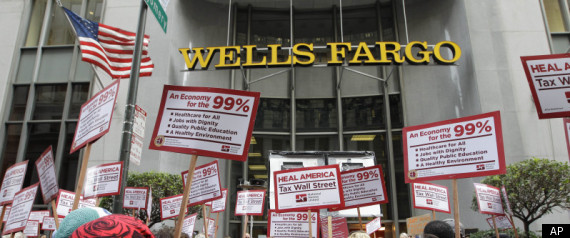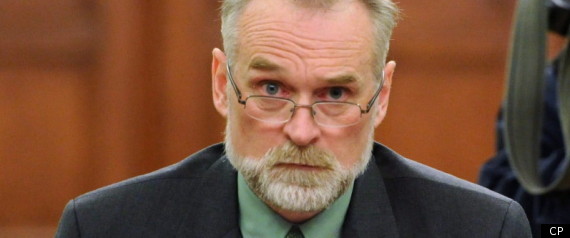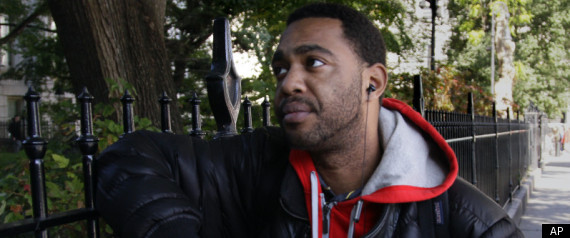-- First the dot.coms popped, then mortgages. Are student loans and higher education the next bubble, the latest investment craze inflating on borrowed money and misplaced faith it can never go bad?
Some experts have raised the possibility. Last summer, Moody's Analytics pronounced fears of an education spending bubble "not without merit." Last spring, investor and PayPal founder Peter Thiel called attention to his claims of an education bubble by awarding two dozen young entrepreneurs $100,000 each NOT to attend college.
Recent weeks have seen another spate of "bubble" headlines – student loan defaults up, tuition rising another 8.3 percent this year and finally, out Thursday, a new report estimating that average student debt for borrowers from the college class of 2010 has passed $25,000. And all that on top of a multi-year slump in the job-market for new college graduates.
Some experts have raised the possibility. Last summer, Moody's Analytics pronounced fears of an education spending bubble "not without merit." Last spring, investor and PayPal founder Peter Thiel called attention to his claims of an education bubble by awarding two dozen young entrepreneurs $100,000 each NOT to attend college.
Recent weeks have seen another spate of "bubble" headlines – student loan defaults up, tuition rising another 8.3 percent this year and finally, out Thursday, a new report estimating that average student debt for borrowers from the college class of 2010 has passed $25,000. And all that on top of a multi-year slump in the job-market for new college graduates.
















